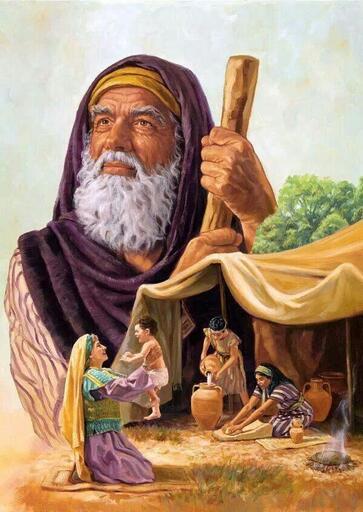The Beginning of Missions

This is God’s mission in a nutshell. God enters into relationship with people so that He can send them to go to other people. As the people who are in relationship with God enter into relationship with other people, they bring those people into relationship with God. That is how God is reaching the world- through people. God’s plan is to redeem and restore the world, but to do that we must reach the world by joining God on His mission.
Follow God’s leading
Leave the past behind.
Don’t settle for less than obedience.
Develop a relationship with God.
You won’t know until you go.
Greatness cannot be the goal.
You are blessed to be a blessing.
Live a life of worship.
Expect God to show up.
Live in God’s presence.
Move when God says.
At Pentecost the outpouring of the Spirit upon the representative nations gathered in Jerusalem results in the spiritual union of the new church but does not create a homogeneous language, ethnicity, or statehood. John’s vision of the heavenly family includes diverse peoples from “every nation, tribe, people and language, standing before the throne and in front of the Lamb” (Rev 7:9).
